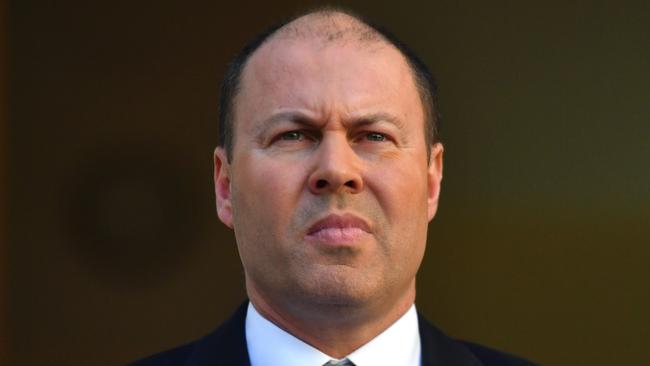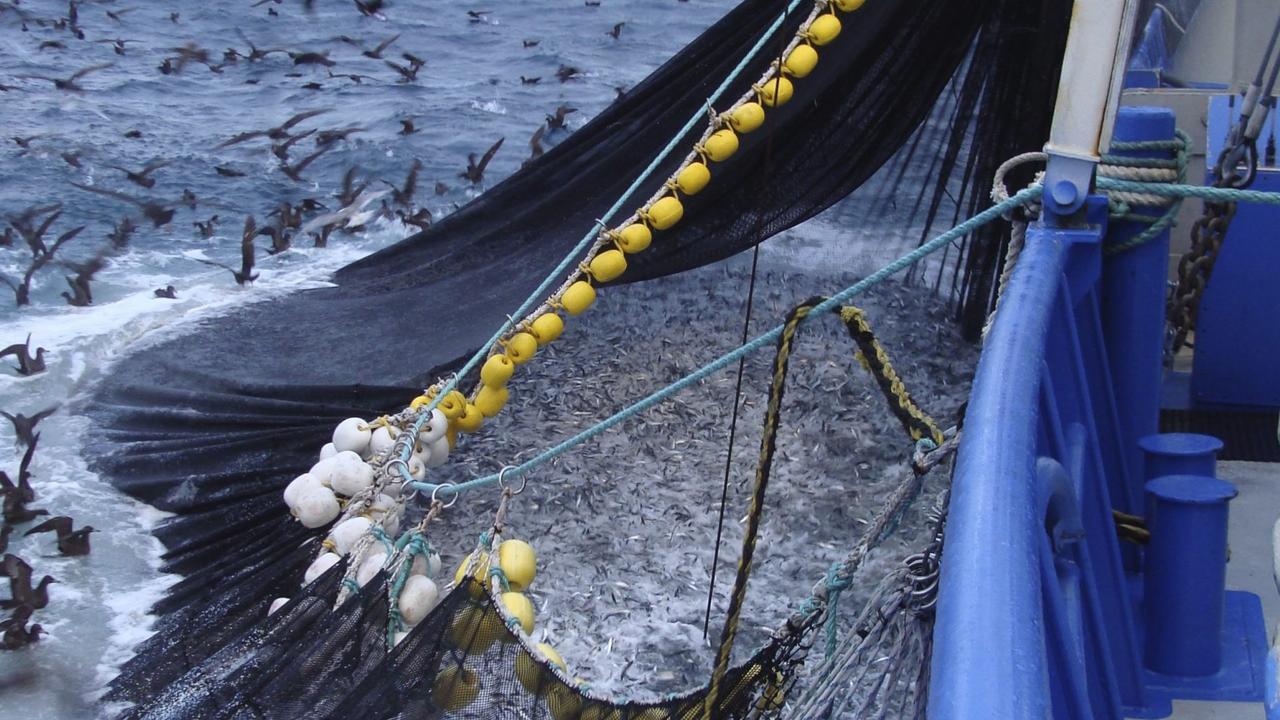Coronavirus: G20 pledge to protect poorer countries
The world’s top 20 economies agreed to work swiftly to help emerging markets and developing countries.

G20 nations will rubber-stamp a COVID-19 roadmap in two weeks, after finance ministers, central bank governors and the IMF pledged to protect poorer countries fight the coronavirus pandemic.
In a virtual meeting held on Tuesday night, which included Treasurer Josh Frydenberg, G20 nations committed to delivering a joint action plan in response to COVID-19 capturing “individual and collective actions” member nations have taken.
G20 finance ministers will meet again on April 15 to finalise the coronavirus roadmap and said they would “take urgent actions needed to address the global challenge presented by the COVID-19 pandemic”.
In a statement released on Wednesday, G20 finance ministers and central bank governors highlighted the importance of “medium-term measures to support the global economy” and addressed the need to combat the “risk of debt vulnerabilities in low-income countries” allowing poorer nations to “focus their efforts on fighting this global challenge”.
The world’s top 20 economies agreed to work swiftly to deliver the “appropriate international financial assistance to emerging markets and developing countries”.
The Financial Stability Board will also work with the G20 nations to “co-ordinate regulatory and supervisory measures taken by countries in response to the COVID-19 pandemic”.
“The G20 finance ministers and central bank governors also discussed the role of the IMF, the World Bank Group and other international financial institutions to deploy all available resources and explore additional measures needed to support emerging markets and developing economies amid the COVID-19 pandemic, including by supporting financial stability and alleviating liquidity constraints,” the G20 finance ministers’ statement said.
“In this respect, the G20 finance ministers and central bank governors welcomed the World Bank Group’s readiness to deploy as much as $US160bn ($260bn) over the next 15 months to support its member countries to respond to the COVID-19 pandemic.”
Mr Frydenberg told G20 member nations a “fiscal support target” must be established to insulate the world economy.
The Treasurer called for the global economy to be placed in a “controlled hibernation” and urged G20 nations to support a collective approach to prevent the collapse of financial systems and head off mass global unemployment.
Australia’s contribution to the global target is expected to exceed the commonwealth’s commitments in fiscal and monetary terms already outlined, which total $320bn — equal to 16.4 per cent of GDP.
IMF managing director Kristalina Georgieva welcomed the “decisive actions” made by G20 nations to “shield people and the economy from COVID-19” but warned of ongoing volatility in major financial markets.
“We remain very concerned about the negative outlook for global growth in 2020 and in particular about the strain a downturn would have on emerging markets and low-income countries,” Ms Georgieva told G20 finance ministers.
“Our forecast of a recovery next year hinges on how we manage to contain the virus and reduce the level of uncertainty.”
The IMF said it supported an “ambitious G20 action plan” to strengthen the capacity of health systems to battle the epidemic and stabilise the world economy through “timely, targeted and co-ordinated measures”.
Ms Georgieva said the IMF’s governing body had mandated reforms to strengthen its crisis response, including initiatives to “enhance access to our emergency facilities as some 85 countries indicate they rely on them for financial support”.
The IMF will also build up capacity to protect poorer members and assist countries experiencing foreign exchange shortages.
“The US recently approved the doubling of the new Arrangements to borrow, and our executive board yesterday agreed on a new round of bilateral borrowing to secure the IMF’s $US1 trillion lending capacity,” she said.
Ms Georgieva urged G20 nations to focus on the debts of low-income countries.
The IMF last week approved reform of the Catastrophe Containment and Relief Trust, allowing its poorest member countries to “invest in crisis response rather than repay the fund”.
“It will also be important for other creditors to do their part, and I count on the G20 to help build consensus on a way forward for our poorest members,” Ms Georgieva said.







